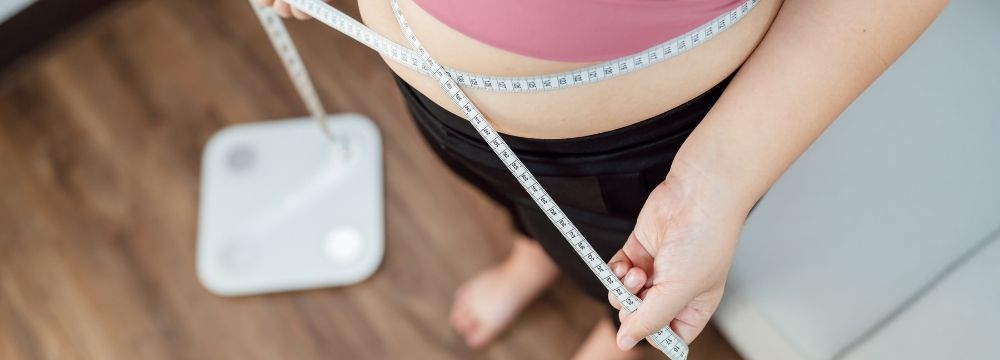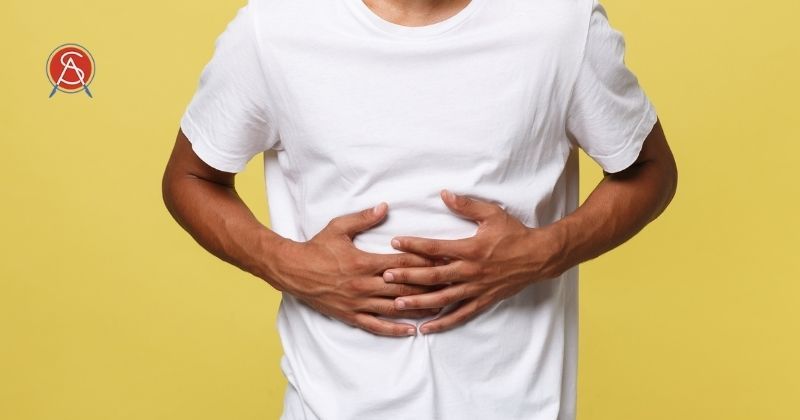When you discuss the gastric sleeve with your surgeon, one of the risks that you will undoubtedly hear of is worsened acid reflux after the procedure. Recent data has shown that approximately 35% of gastric sleeve patients may experience new or worsened reflux. This research aligns with our own operative data.
Knowing that this is a very real risk, we place an emphasis on reducing the likelihood of acid reflux after gastric sleeve, but if it does happen to manifest, we take aggressive action to keep the patient comfortable and reflux-free.
Why does reflux occur after gastric sleeve?
The stomach, in its regular form, is a pressurized tube. On the upper end of the stomach is the Lower Esophageal Sphincter or LES, preventing acid from moving up into the esophagus, while on the lower end the pyloric valve regulates how food and drink enter the small intestine.
Unlike during the gastric bypass, which cuts away the pyloric valve and depressurizes the stomach, the gastric sleeve leaves the pyloric valve intact. However, the stomach is significantly smaller. Therefore, the pressure within the stomach is increased, and the Lower Esophageal Sphincter is the path of least resistance for excess pressure to dissipate. When the pressure is released into the esophagus, stomach acid often accompanies it, causing reflux.
What We Do to Mitigate Reflux during the Gastric Sleeve Procedure
We have no way of completely eliminating the incidence of reflux after a gastric sleeve procedure, but we can reduce it significantly by aggressively looking for, and treating, a hiatal hernia — the protrusion of the upper part of the stomach through the diaphragm. This reduces the incidence of post-sleeve reflux to about 20%.
What Can Be Done Post-Procedure?
If a patient does develop reflux after sleeve surgery, for those who qualify, we offer a very straight-forward 20-minute, minimally invasive procedure known as the LINX reflux management system. The LINX device is a titanium-beaded bracelet that is wrapped around the lower esophageal sphincter to add just enough pressure to stop acid from refluxing into the esophagus. Other qualifying patients may benefit from a fundoplication, which wraps the upper portion of the stomach around the lower esophageal sphincter to create pressure in similar fashion. Bear in mind however that gastric bypass patients do not have enough remaining stomach tissue to perform a fundoplication.
Next Steps
Understanding the gastric sleeve procedure and how it will impact your life is critical. Therefore, we encourage you to come to a seminar or watch one online. You will then have a consultation with one of our bariatric surgeons to learn more about benefits and risks specific to your unique circumstance.





